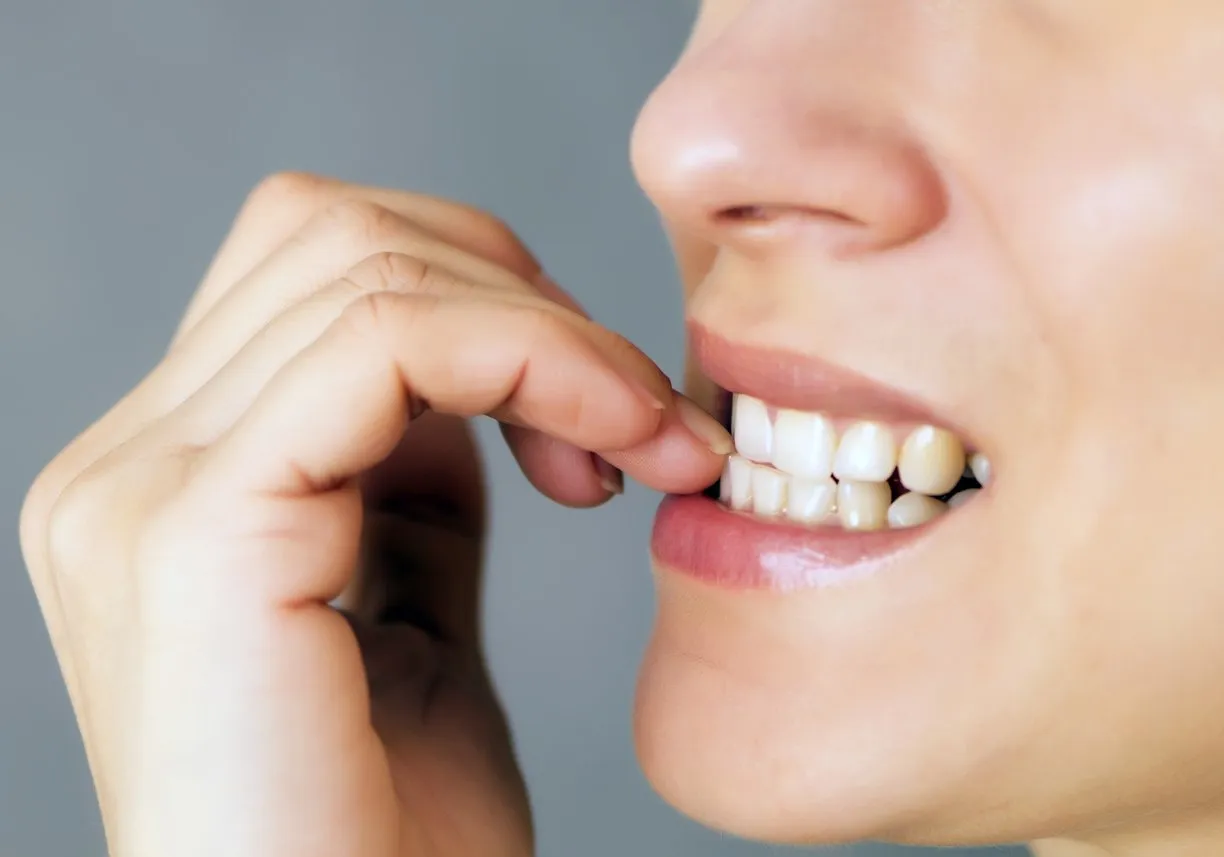These Hobbies Can Cause a Surprising Amount of Damage To Your Teeth

Many people like eating popcorn. Sitting down to watch a movie, a soccer game or just chatting while eating this snack is almost inevitable… but not for your teeth.
Many dentists disagree, they have seen many broken teeth due to this hobby.
Other dentists love it… to a certain extent, it will keep them employed. Eating popcorn is just one of those hobbies, other dentists shared four other activities.
Here are four more:
Chewing ice
Several dentists told us that ice, like popcorn, is a frequent tooth-breaker.
Chewing ice “is notorious” for causing small chips in tooth enamel, the outer layer of your teeth, said Dr. Diana Nguyen, chief of clinical general dentistry at the University of California, San Francisco.
Those chips can develop into larger cracks, she added, that might eventually require treatments like root canals and crowns to fix — or even surgical removal of the tooth.
Dentists would prefer you didn’t chew pens, either, which can “cause repeated trauma to your teeth,” added Dr. Natasha Flake, president of the American Association of Endodontists. “I even treated a patient recently who fractured their front teeth while trying to take a cap off of a marker.”
Sipping energy drinks
Dentists also hate energy drinks, which a small study found can be more damaging to your teeth than cola, because they often have higher levels of acid that can erode your enamel.
“Those things are brutal,” said Dr. Eugena Stephan, associate dean for clinical affairs at the University at Buffalo School of Dental Medicine. “And people will sip on them all day, which is the worst, because they’re bathing their teeth in acid and sugar.”
So don’t nurse energy drinks, soda or coffee, which all contain acid, said Dr. Carlos González-Cabezas, a professor and academic dean of the University of Michigan School of Dentistry. Try to finish them in five or 10 minutes, he said, and if you can drink water afterwards, or rinse with it, even better.
But don’t brush right away. While it might sound logical to do so after eating or drinking something acidic, it can actually damage the enamel, according to the American Dental Association. It’s better to wait an hour, then brush.
That way your saliva, which is protective, can harden your tooth enamel and neutralize the acidity in your mouth.
Vaping
Smoking is one of the worst things you can do for your oral health. But there is a “widespread misconception” that vaping is safer, Dr. Nguyen said. One reason, she suggested, is that there are fewer studies on the newer habit.
But when you vape, you’re still inhaling nicotine, Dr. Nguyen said, as well as other chemicals. Nicotine has been shown to cause an increase in bacteria and plaque in your mouth, and a 2020 study found that subjects who vaped had less healthy oral microbiomes than people who never smoked.
Using fluoride-free toothpaste
It irks Dr. González-Cabezas to see people on social media and elsewhere rejecting the use of fluoride. Using toothpaste without fluoride, he said, “increases your rates for dental decay, big time.”
Fluoride stimulates new mineral formation, making your enamel stronger, and inhibits bacteria that can cause cavities. Avoiding it, he frequently tells patients, “puts you back to the same era where your grandparents were, or your great-grandparents, in which dental decay was rampant, and people had dentures where they were relatively young.”
If you are going to use a fluoride-free toothpaste, Dr. Gonzáles-Cabezas added, “you have to be extremely disciplined with your diet and with your hygiene, which most people are not.”

